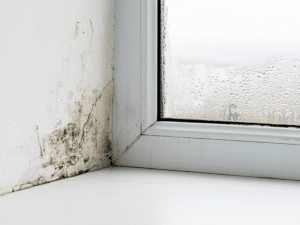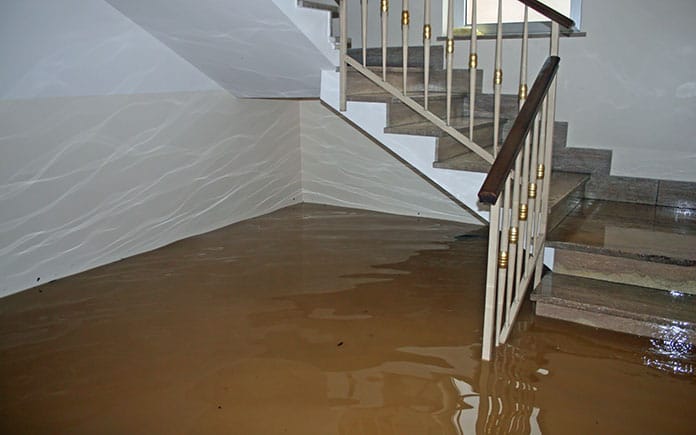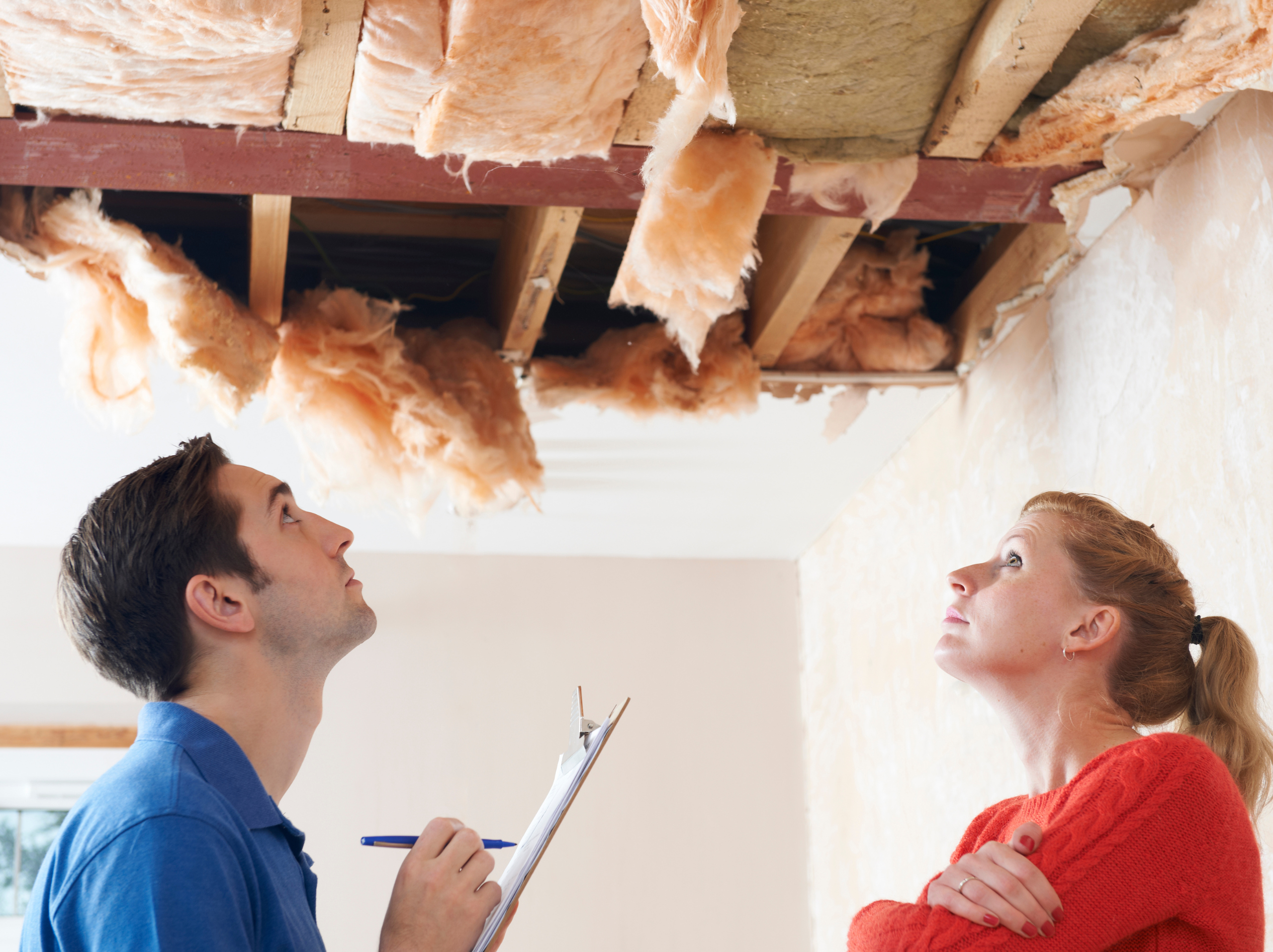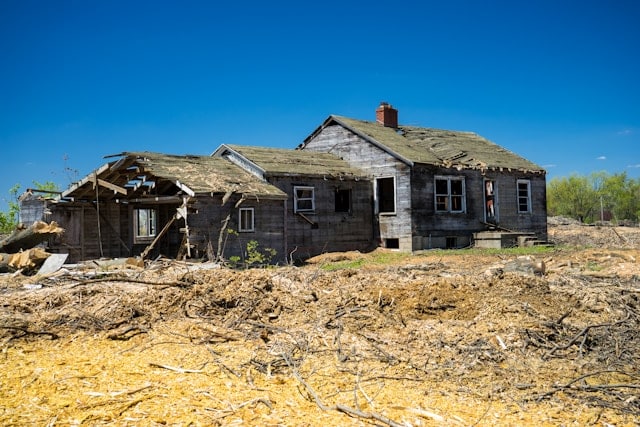Flood Damage vs. Water Damage
Believe it or not, all damage from water is not classified in the same way. Insurance companies view flood damage and water damage separately, though homeowners often confuse or conflate the two. The most important thing to remember is that homeowners insurance does not cover flood damage. Likewise, flood insurance does not cover water damage.
What is Flood Damage?
According to FEMA, flooding affects more than one acre or more than one property and is caused by:
- Mudslides or mudflow
- Land collapse from excessive waves or erosion
- An overflow of inland or tidal waters
- Rapid and atypical accumulation or runoff of surface waters from any source
Any damage to the interior and exterior of your property from these invasive waters is considered flood damage and should be handled accordingly by your insurance company.

What is Water Damage?
Almost half of all homeowners have suffered some sort of loss from water damage. Water damage affects the interior of a property. In contrast to damages caused by the sudden onslaught of flooding, water damage can often be slow and difficult to detect.
Common types of water damage covered by homeowners insurance include:
- Heavy rain or hail from storms
- Burst or leaky pipes
- Leaky roof
Common types of water damage that are not covered by homeowners insurance — like the aforementioned flood damage — include, but are not limited to:
- Negligence or failing to repair issues that may lead to water damage
- Sump pump failure (Coverage for this can be added to your homeowners insurance at a higher monthly premium.)
- Water damage from earthquakes (Like flood insurance, earthquake insurance is a separate category.)
How Serious is Water Damage?
Well, that all depends on the severity of a leak and how long it has persisted. Water damage can lead to a plethora of problems and should not be ignored! These problems are not just potentially costly, but can be hazardous to your health and even deadly. Some of the more dangerous water damage issues include:
- Electrical damage
- Mold and mildew
- Structural damage

Preventative Measures
As the Dutch philosopher Erasmus stated, “Prevention is better than the cure,” and there are certainly preventative measures homeowners can take to detect leaks before they become much pricier problems. Some simple things you can do to ensure you won’t be doling out your hard-earned dough to deal with damp damages are:
- Check your pipes to make sure there are no leaks or damages
- Make sure your gutters are clean
- Know where your home’s main shut-off valve is
What to do When You Notice Water Damage
When you notice water damage, don’t panic, but don’t delay! There are experts, like 24 Hour Flood Pros who are ready to assist you 24/7 with water and fire damage solutions. If you have an emergency, Ned and his team can be there within 2 hours. This family owned and operated company is staffed with fully-trained professionals — and with over 30 years of experience — you’ll know you made the right decision when it comes to water and fire damage restoration.




